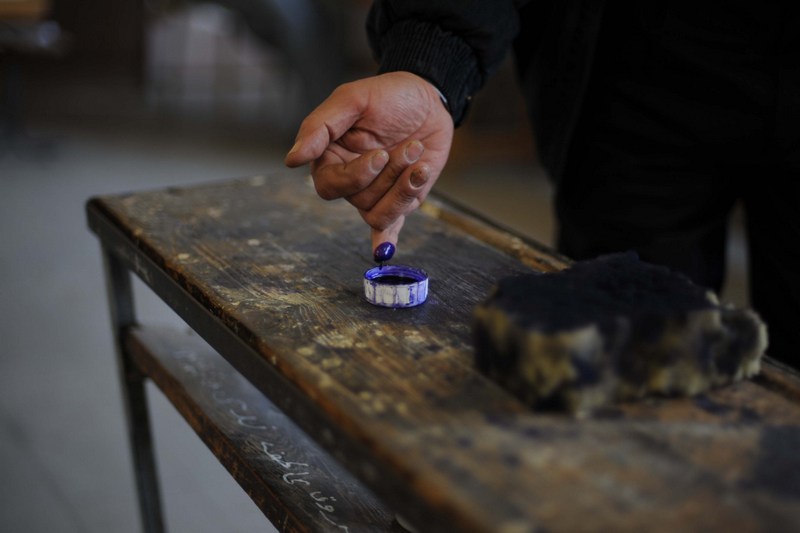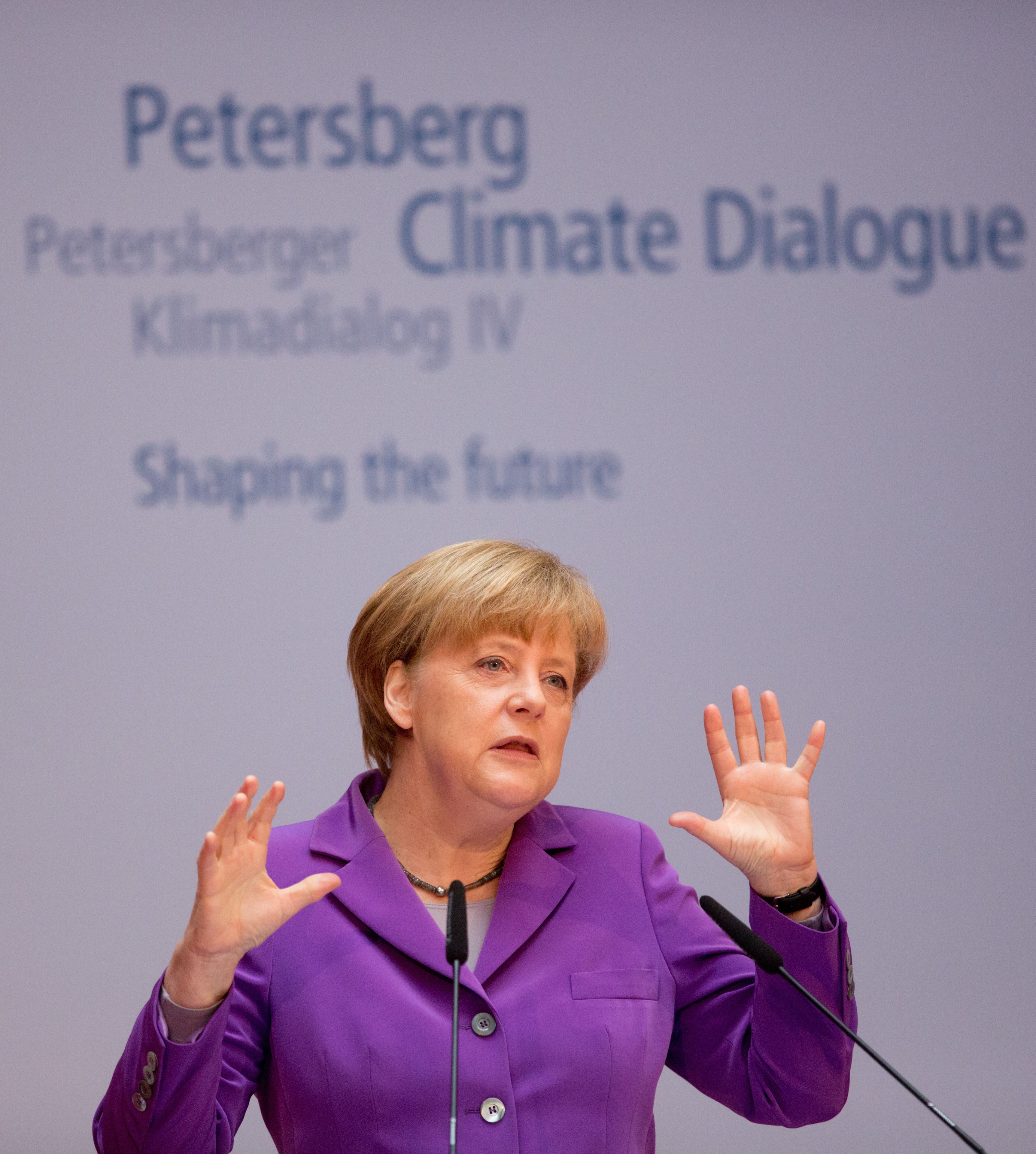Foreign fighters are motivated by “excitement” and “social exclusion felt in Europe,” a report commissioned for the EU presidency says. Germany has ranked in the top four origin countries for those fighting abroad.
The Hague-based International Center for Counterterrorism (ICCT) on Friday reported that most EU foreign fighters that have left to fight in Syria and Iraq come from four countries.
The ICCT said that out of 3,710 foreign fighters, 2,838 of them were citizens or residents of Germany, France, the UK and Belgium, comprising 76.5 percent of the total originating from the 28-nation bloc.
“Many (member states) consider returning foreign fighters as a potential security threat; this research indicates that an average of 30 percent of foreign fighters have returned to their countries of departure,” the report said.
The study, commissioned for the Netherlands’ EU presidency, confirmed previous reports that Belgium had the highest per capita number of foreign fighters, while France provided the highest real number of citizens or residents joining conflicts abroad, with over 900.
Germany tied with the UK in terms of real numbers of foreign fighters, with between 720 and 760 leaving the country to fight abroad, of which 250 repatriated.
Denmark, the UK and Germany also accounted for the highest percentages of returnees, with 50 percent, 48 percent and 33 percent, respectively.
Motivation: from Assad to the caliphate
Meanwhile, the report said that there were several motivating factors that contributed to EU nationals or residents joining armed conflicts in Iraq and Syria.
The center named some of these as “(s)olidarity with other ‘fellow Muslims’ abroad (in Syria mostly, and especially during the early stages of foreign fighter travel), the fight against the Alawite Assad regime in Syria, the desire to live in a territory ruled by Islamic law, alienation and social exclusion felt in Europe, as well as the desire to conduct jihad.”
“For some, the search for excitement and adventure play a role, as does peer pressure and the prospects of life in the caliphate, such as marriage and housing,” the report added.
Who is a foreign fighter?
In the questionnaire provided to member states, the center enquired about the groups the EU nationals or residents joined, making distinctions between the “Islamic State,” US-allied Kurdish militias, Syrian pro-government forces and opposition groups, such as the Free Syrian Army.
While the ICCT included groups that were blacklisted by the EU, “it became clear that in many responses, member states implicitly or explicitly focused only on foreign fighters that joined the ‘Islamic State’ in Syria and, more marginally, Iraq.”
“On the other hand, a small number of countries also included individuals who participated in other conflicts, such as Mali, Somalia, Ukraine and Libya,” the report added.



